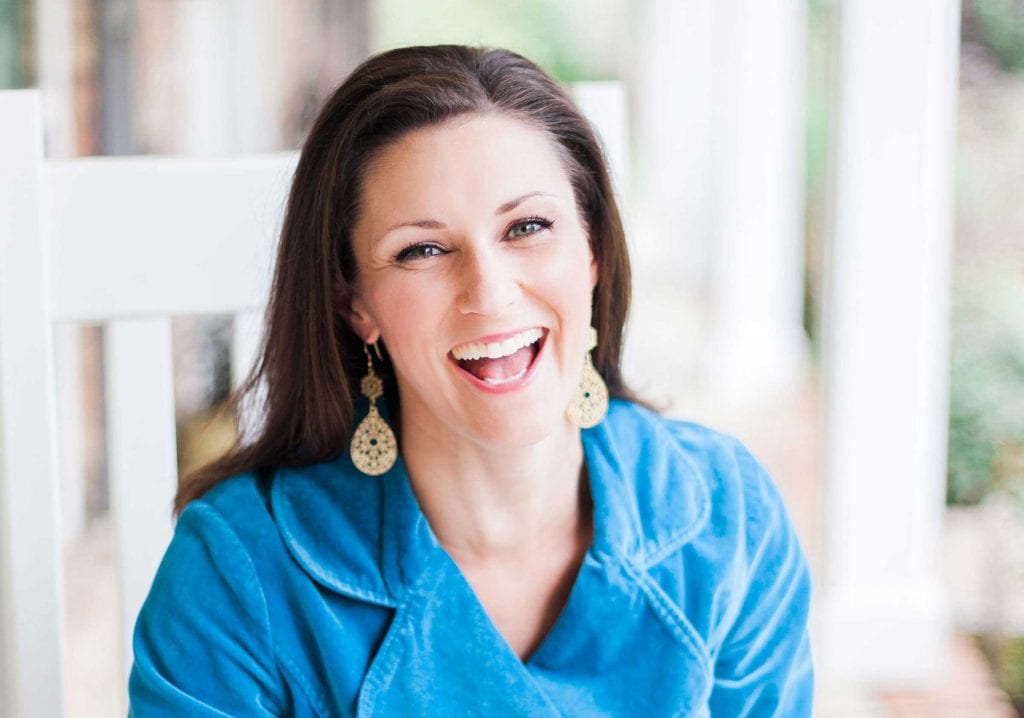Char McGaughy, Gold Dust Tattoo: 
Did you have a business plan when you started your business?
I didn’t have a definite financial business plan, but I had an idea and a goal. I didn’t have a lot of money, I just woke up and decided this is what I am going to do and I leaped right into it.
Do you think business plans are necessary for entrepreneurship?
I think it is situational, based on personality type. I tend to leap, but I think if
Creative EntrepreneurI would have had a business plan and learned all the things I would need, I probably wouldn’t have done it because it would have scared me. So I just jumped right into and then I didn’t really have a choice. I had to make it work, so I made it work.
What three pieces of advice can you offer developing arts entrepreneurs?
-Don’t listen to other people who tell you that it can’t be done or it won’t be successful. I had many people tell me at the beginning, that it wouldn’t be successful. They said I had no idea what I was doing and it wouldn’t work.
– Be prepared to work really hard. There is a lot of behind the scenes stuff that you don’t know until you really do it.
-If you are married, have a very understanding spouse. Because, while there is great reward, it can be very taxing.
Stephanie Giddens, Vickery Trading Company: 
Did you have a business plan when you started your business?
I did have a business plan when I started, but I had to be very flexible with it. I originally intended to start a for-profit entity, but as I worked more on organizing, it made more sense to form as a non-profit entity. This required some major adjustments to the original business plan and a large degree of creativity, patience and, again, flexibility.
Do you think business plans are necessary for entrepreneurship?
I think business plans are incredibly wise for entrepreneurship. Entrepreneurs are often so excited about their new idea, that they tend not to see potential roadblocks to success. Working through a business plan saves a lot of time and money in the long run because you have more closely evaluated your target market and are better prepared for problems when they arise (and they will).
What three pieces of advice can you offer developing arts entrepreneurs?
-Build a strong team around you. You can’t do everything nor do you have the skill set for everything. Find people who are really good at what they do, especially in the areas you are weakest. Don’t be afraid to hand some control over to them so that you can end up with the best end-product.
-Be a team player, not only for your company but with other business leaders in your field and your community. One day, you will need help or advice and you will want those people around you.
-Don’t be afraid of mistakes – learn from them. You will make mistakes; you will fail more times than you thought possible. Learn to laugh at yourself, pick yourself up and try again.
Interview Analysis by Briana Long:
As an undergraduate student in the arts, I think it is especially important to prepare yourself for the world after college. These interviews were an incredible resource to learn from the experiences of three successful creative entrepreneurs. I want to thank all of them who generously gave their time to speak with me.
While analyzing each entrepreneur’s interview I noticed three main trends: The first being that each of these people was extremely dedicated to their endeavor. It did not matter what business they were starting; they all set a goal and relentlessly did whatever they needed to achieve it. To me, that means that if you are starting a business, and want it to be successful, you need to be passionate about your work, product or service.
Secondly, I noticed that all three believed a business plan can be helpful for a new entrepreneur. Terese Nielson and Stephanie Giddens were strong advocates while the Char McGaughy simply acknowledged their benefit. And all three alluded to the idea that even with a plan, you will never know exactly what you need until you do it. To me, this was particularly helpful because I tend to over plan, and this was direct advice rooted in real-world experience attesting how important flexibility can be. A plan can help you be “better prepared” for bumps in the road that will inevitably occur.
Finally, I noticed that each person in some form or another said to learn from your mistakes, push forward, and make it work. That shows me, that to be successful you need to be ready to mess up. The only way you can make it through is to work very hard and adapt to the situation. They all at some point or another had to pull themselves up by their bootstraps and just grind forward. The key is to understand that it will be hard, it will take time, but if you are truly passionate about your idea, then reward is worth it.
Briana Long is studying Arts Entrepreneurship at Southern Methodist University, Meadows School of the Arts.
Interviews with Arts Entrepreneurship Professionals




